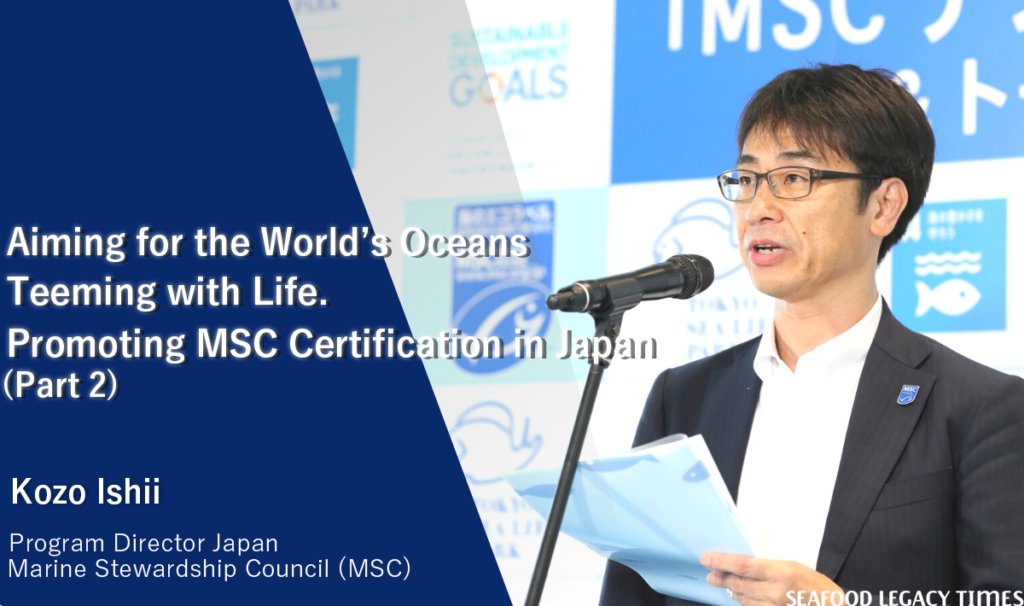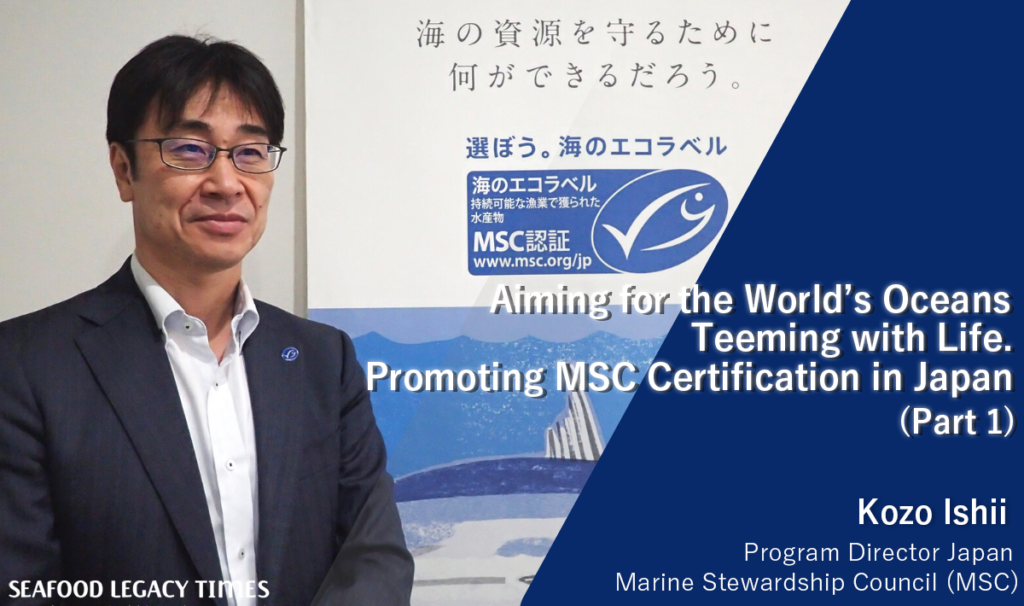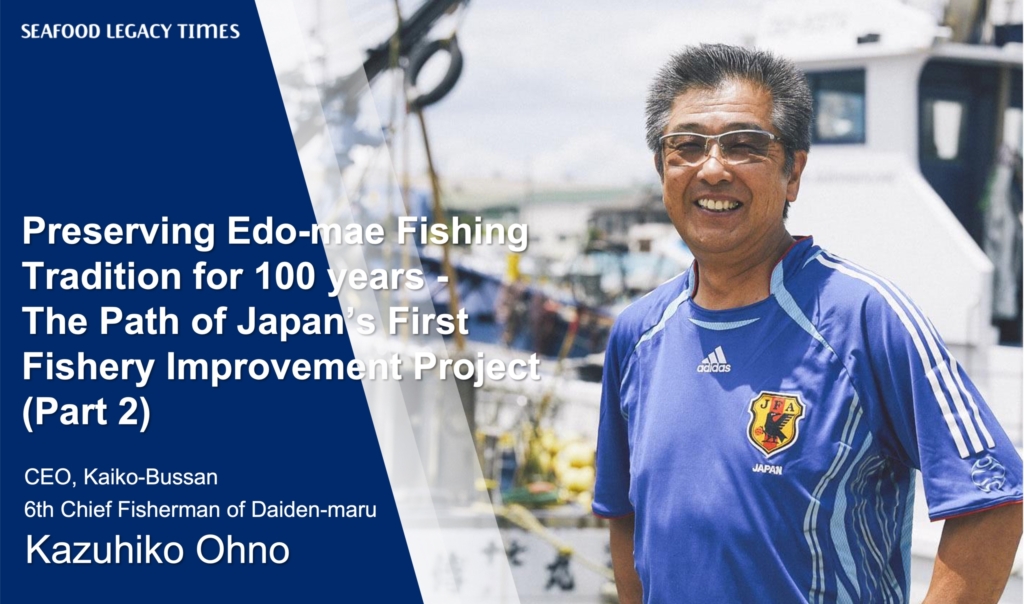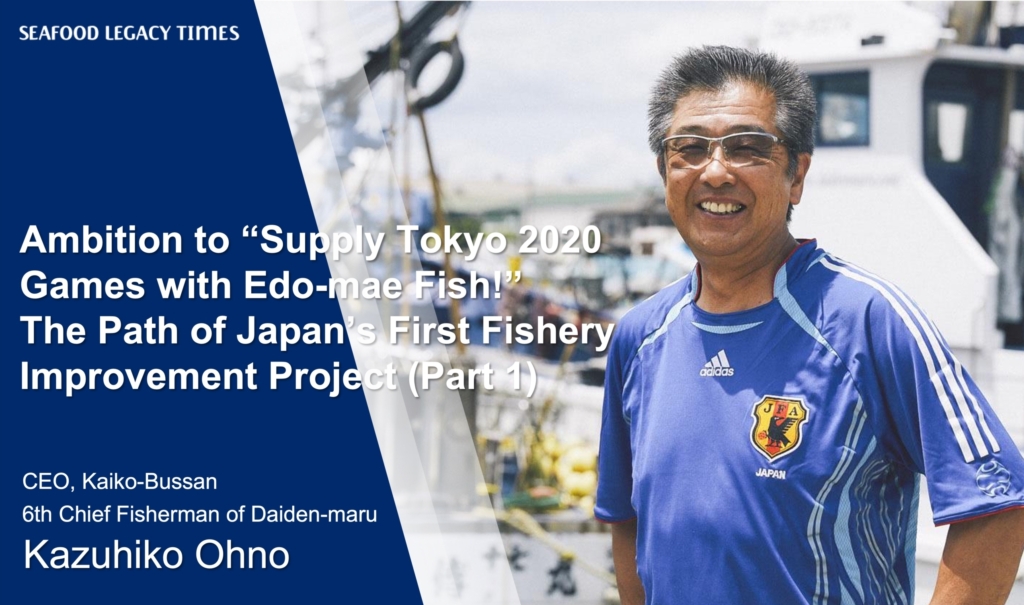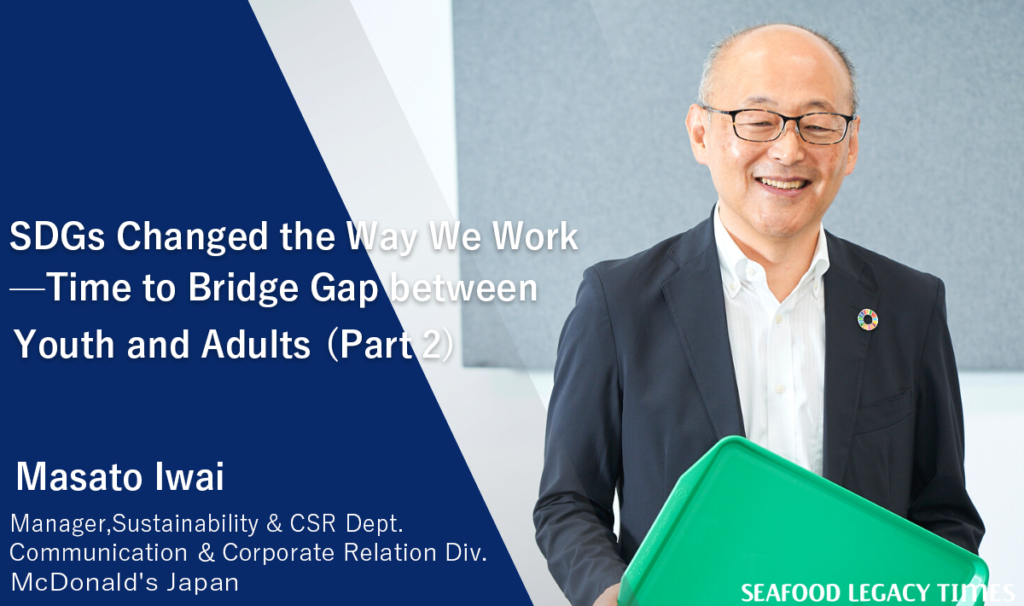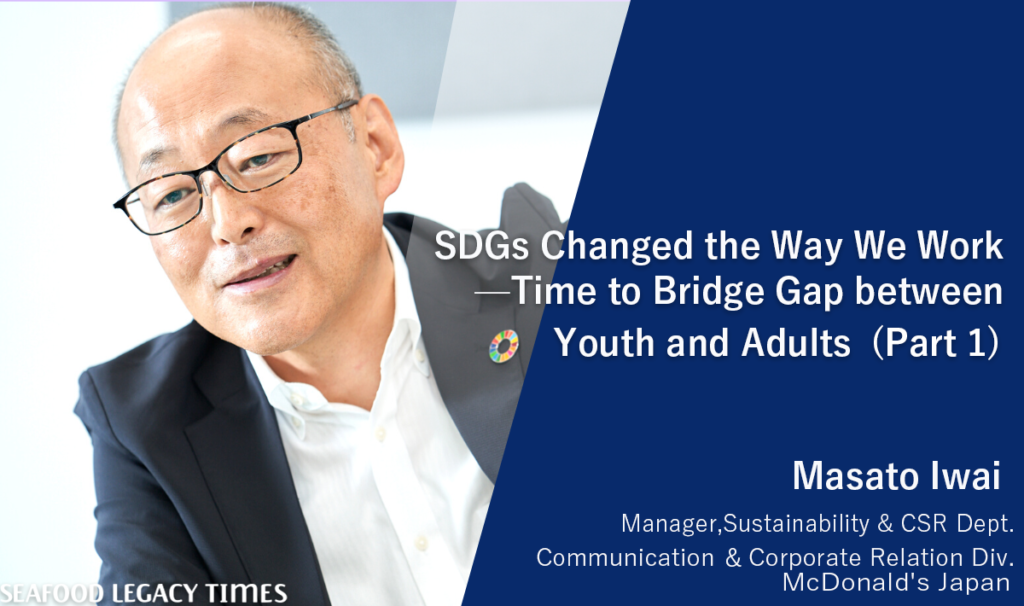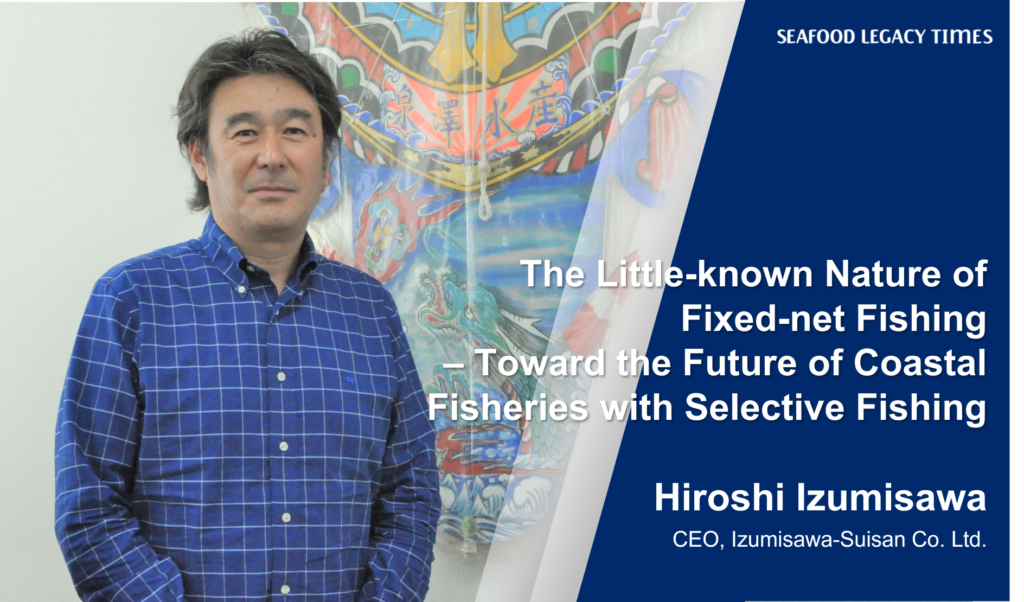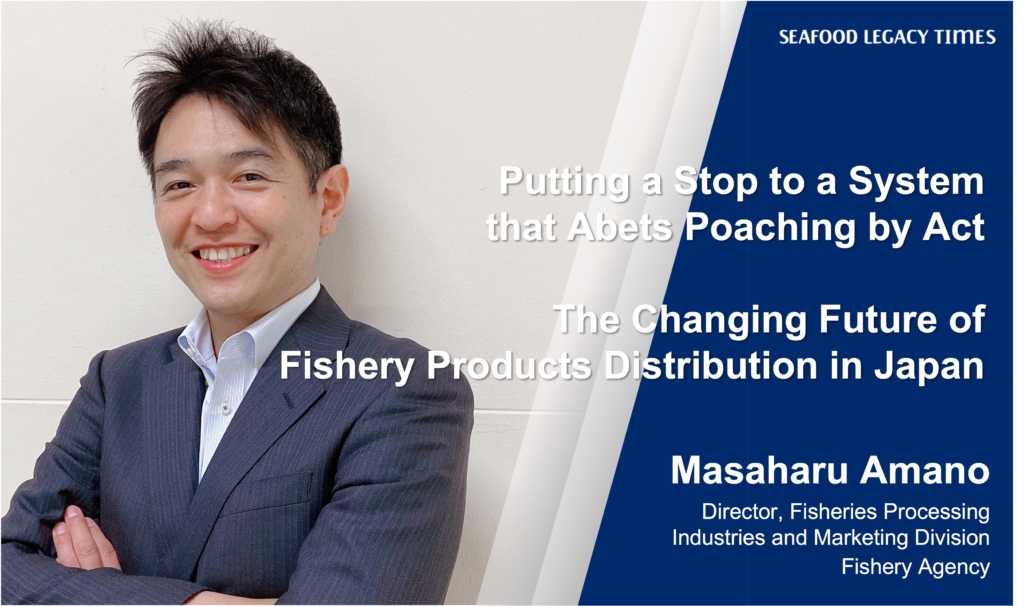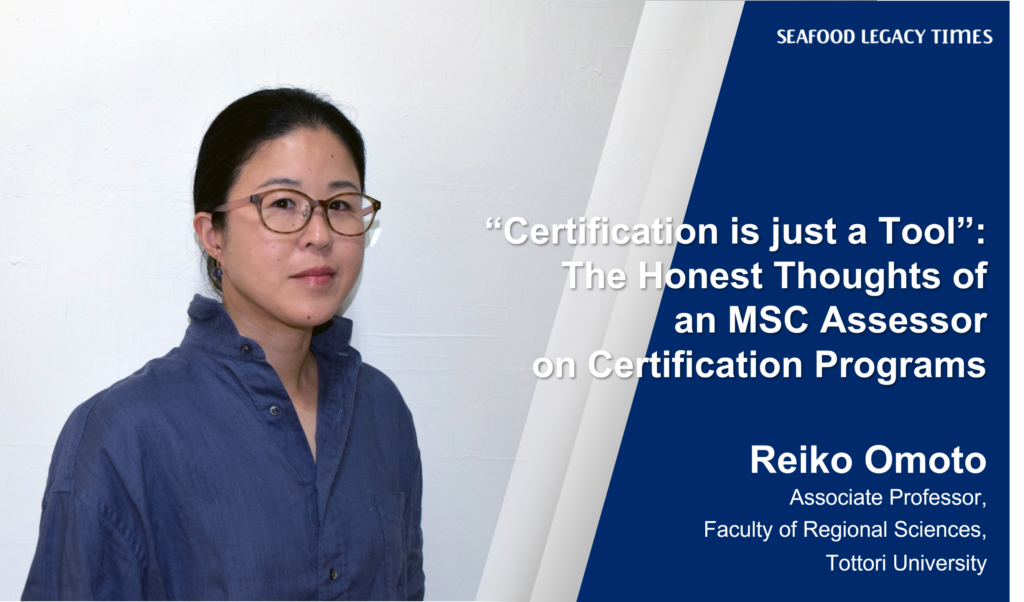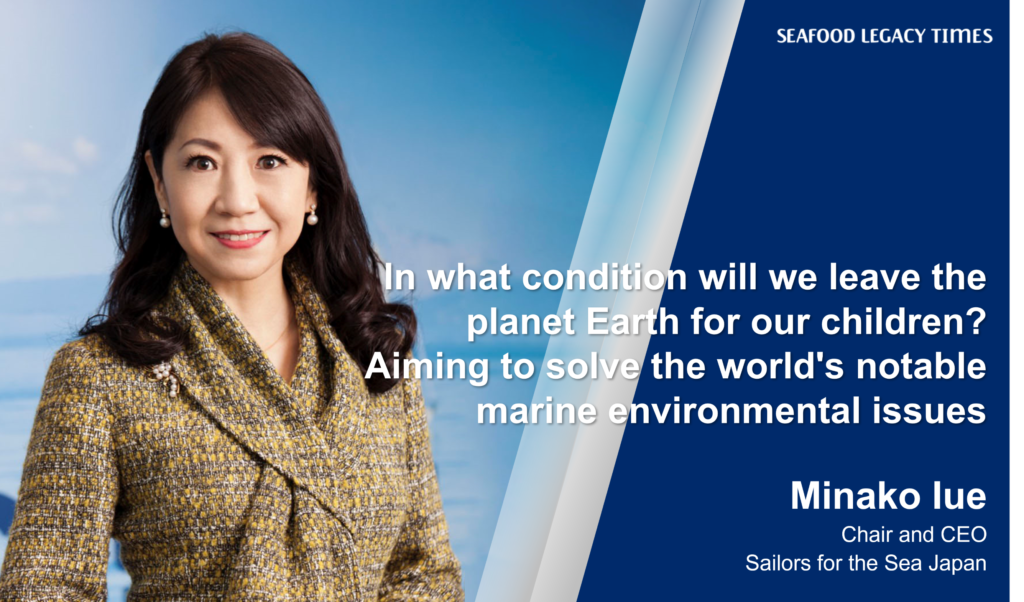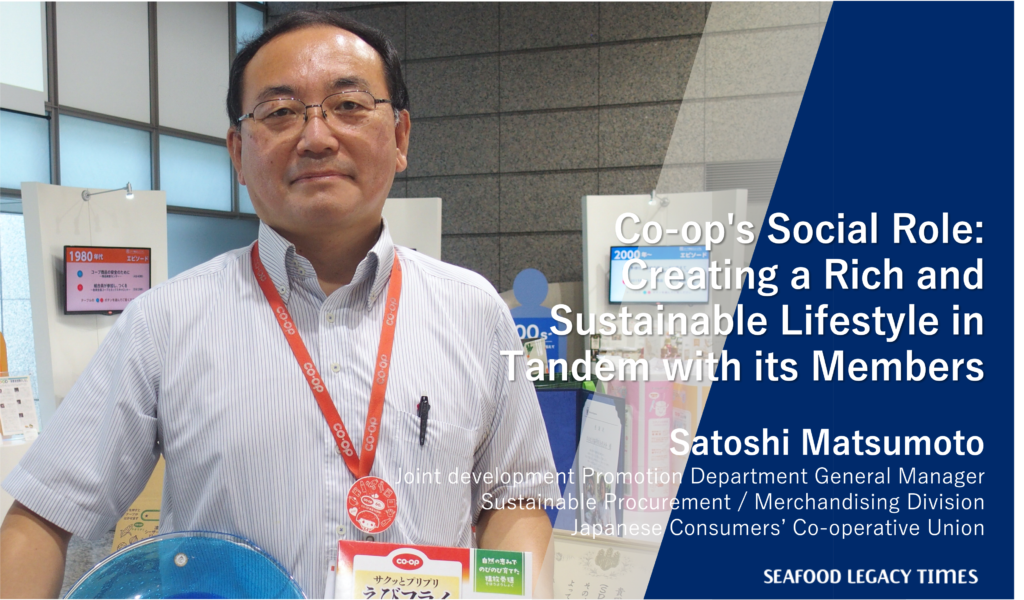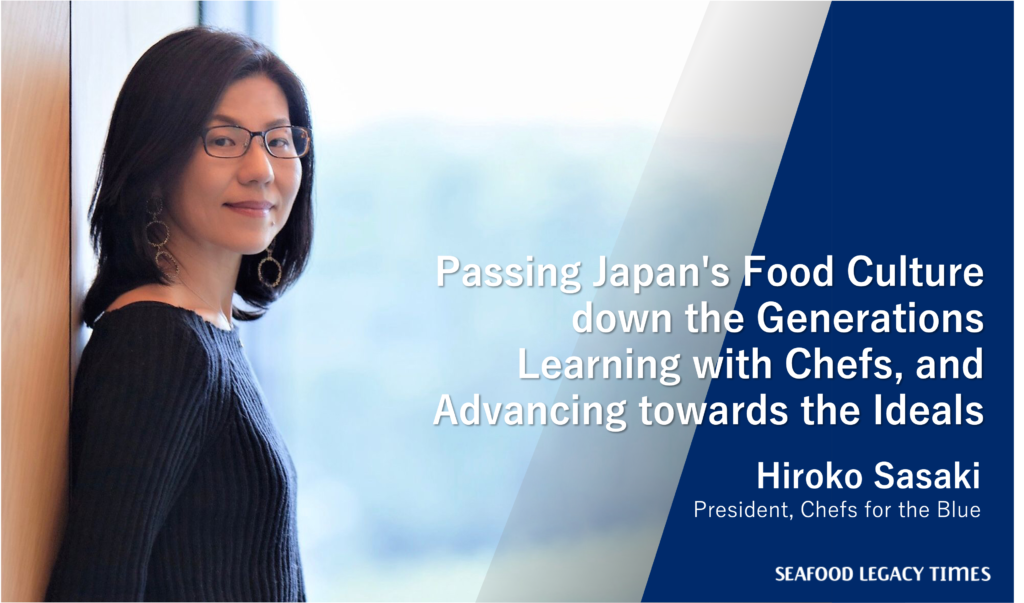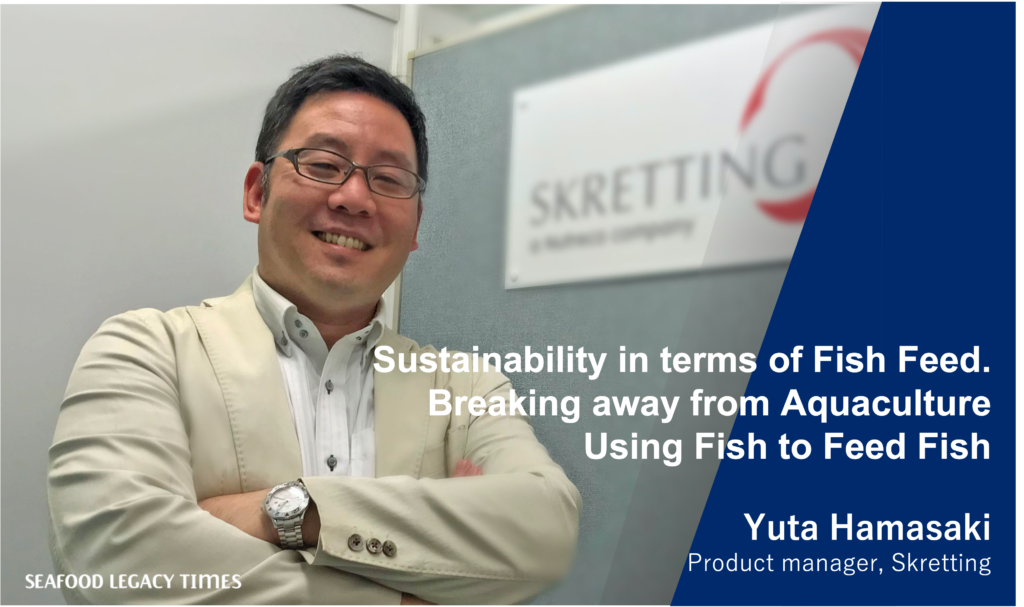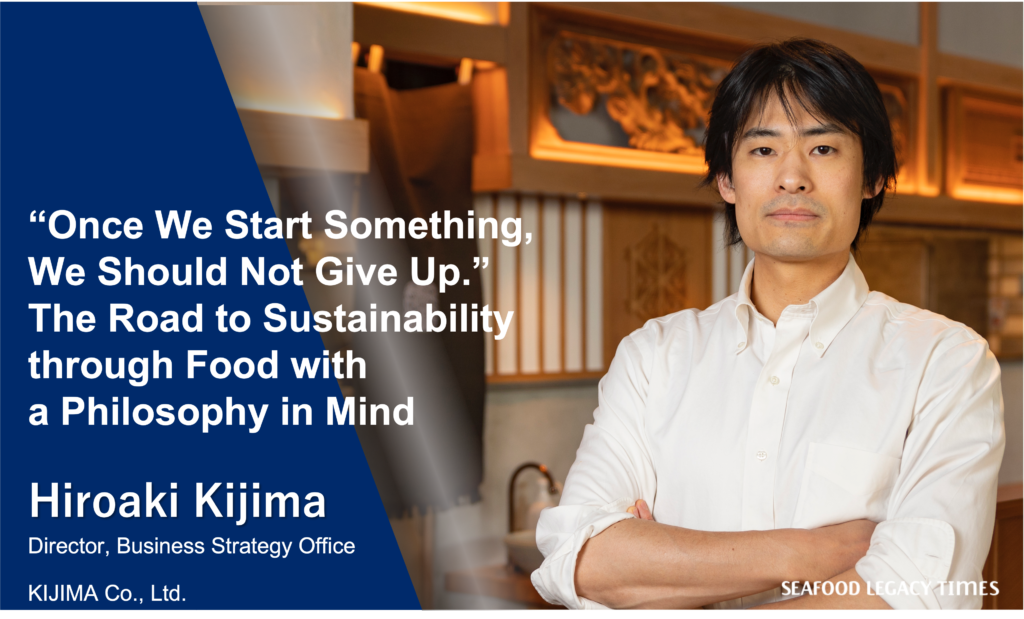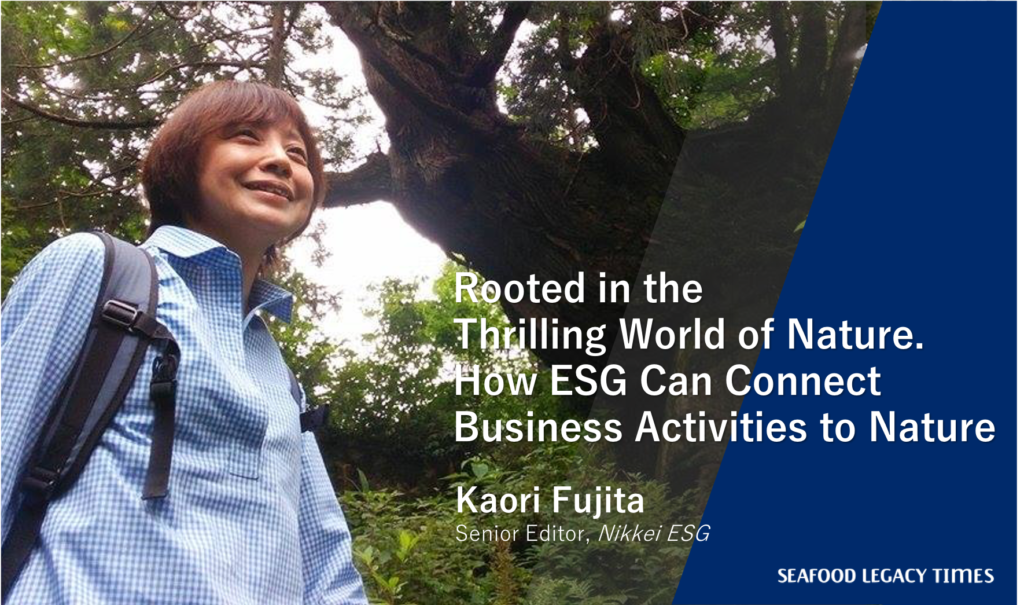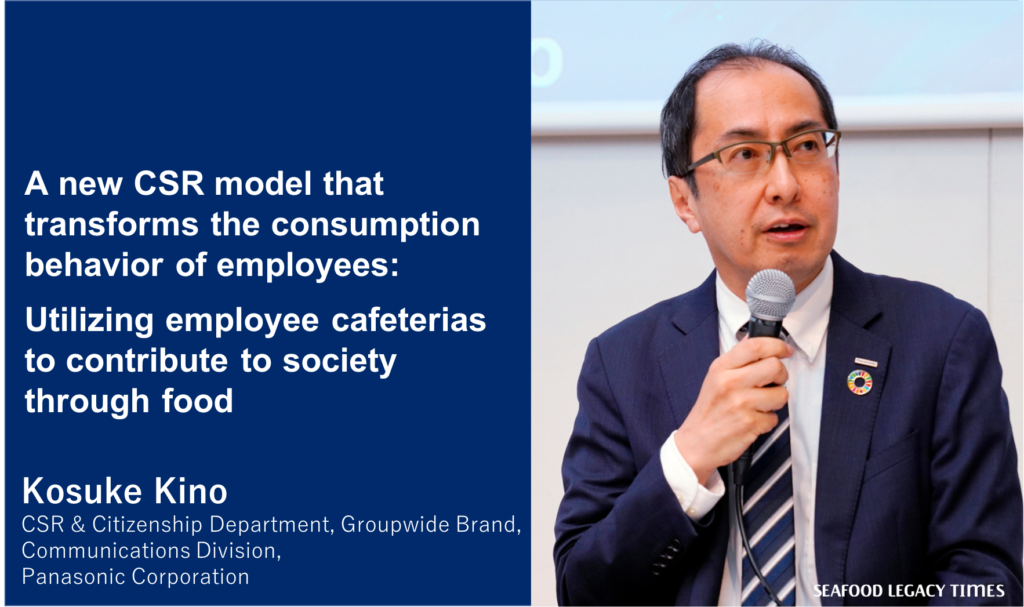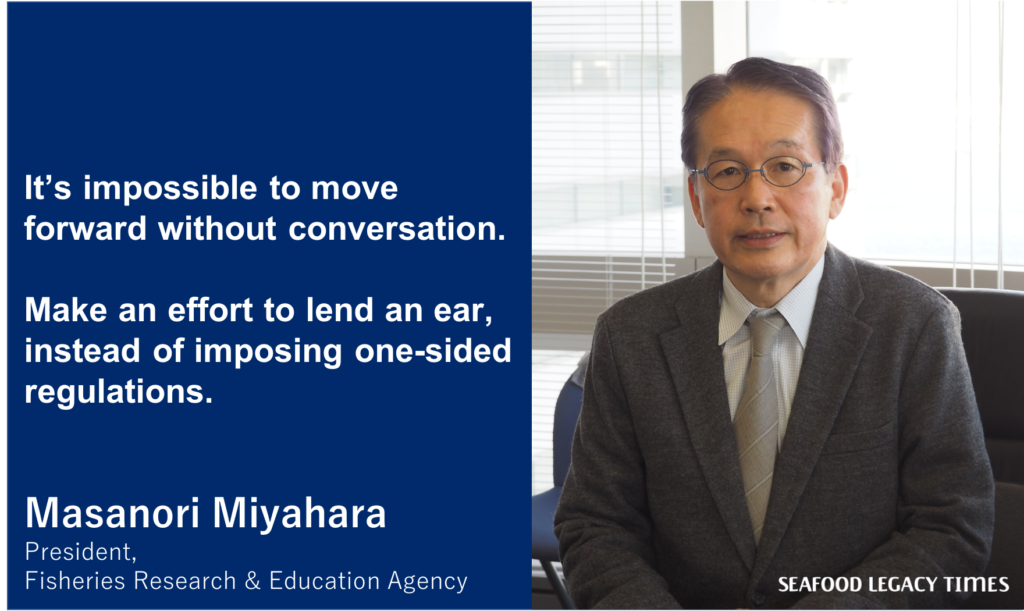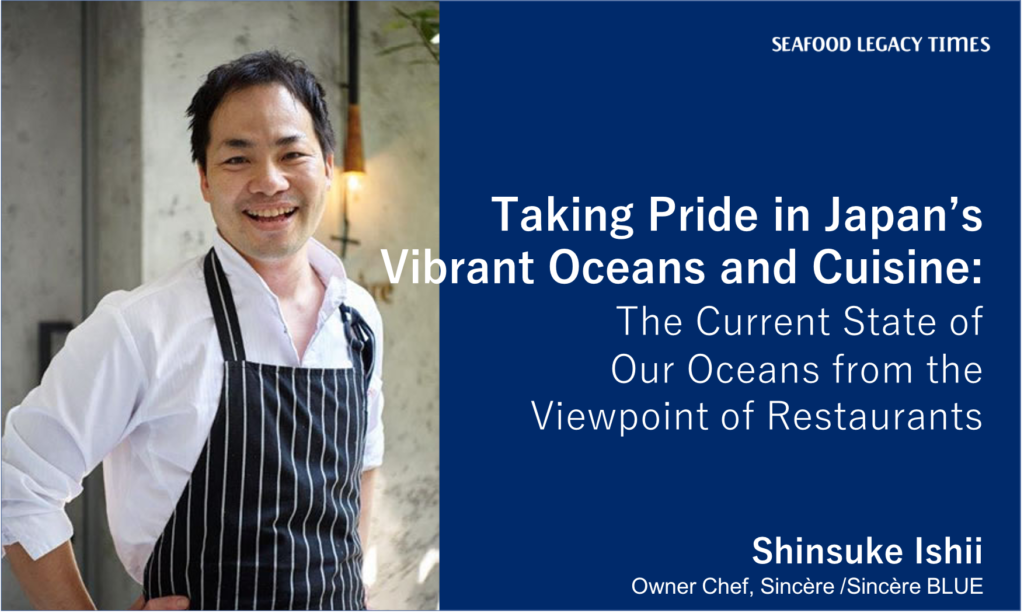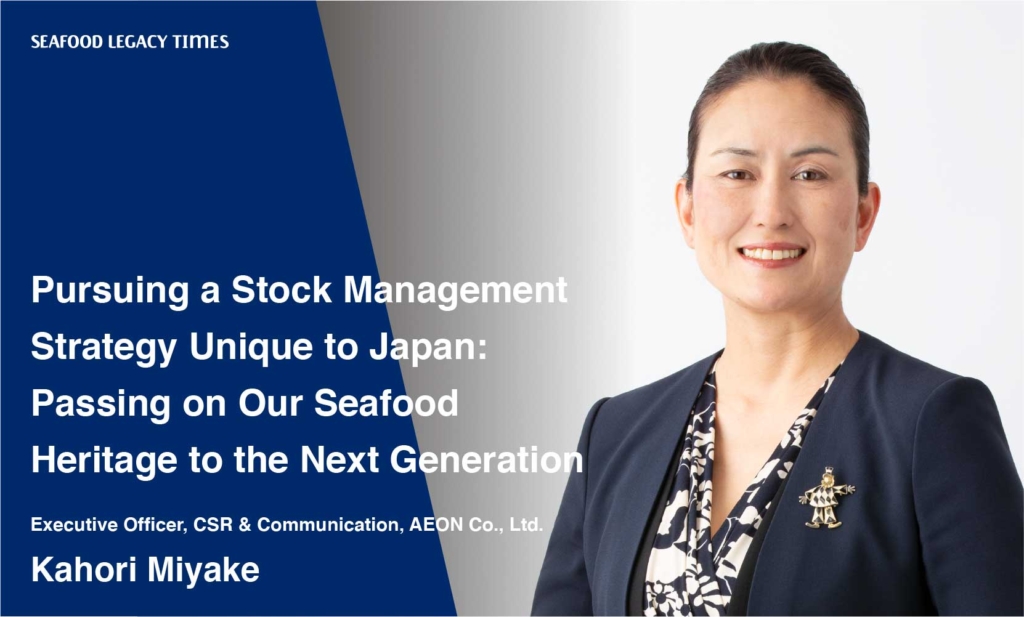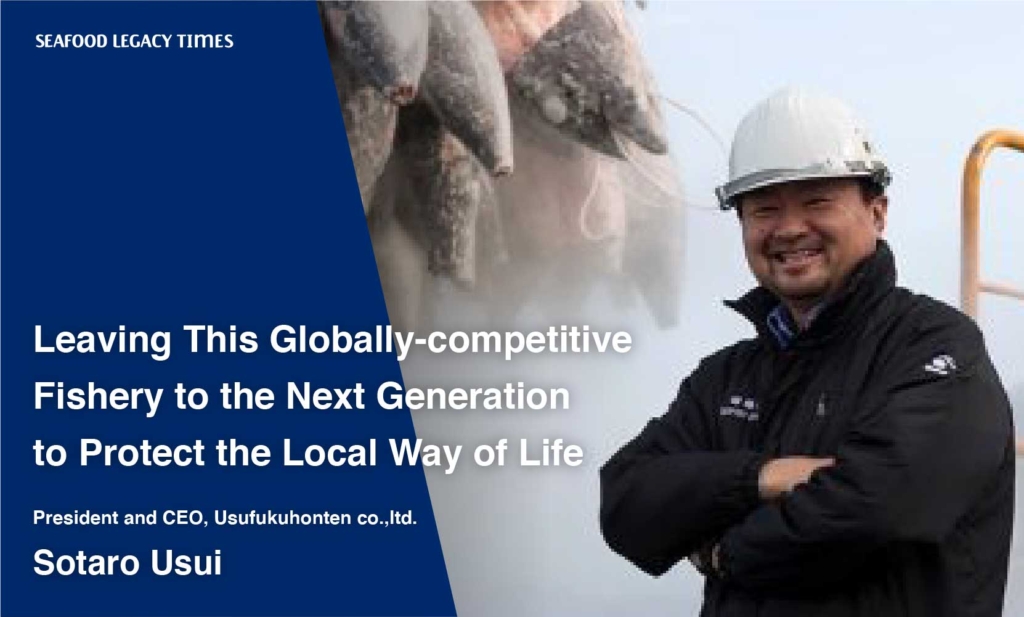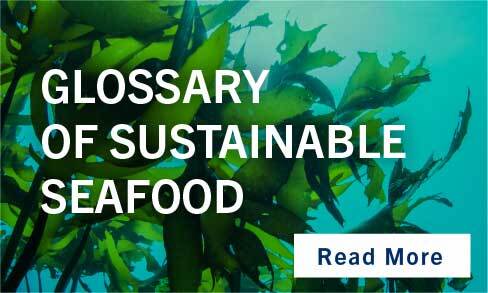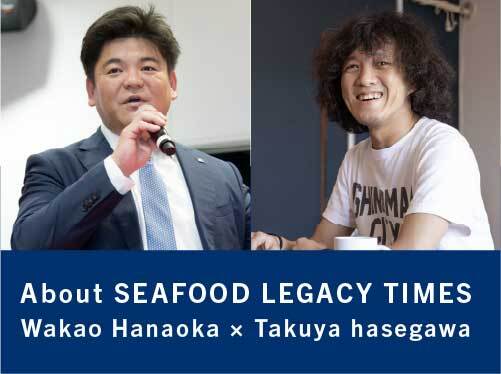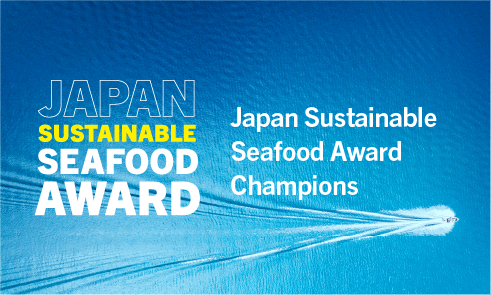
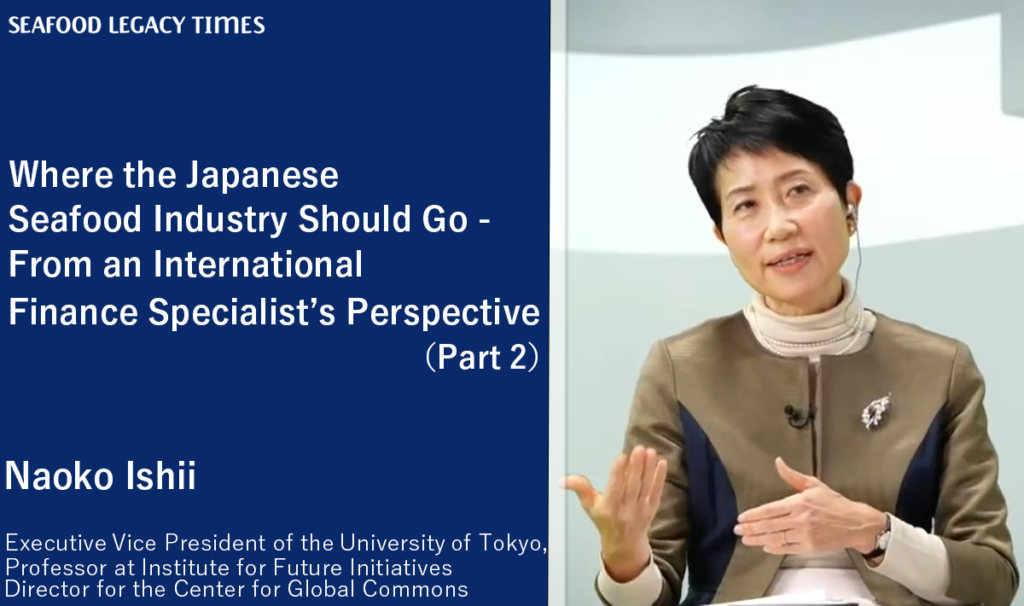
In Part 1, Naoko Ishii spoke about the role and the importance of SeaBOS, an organization that is charting a broad path toward sustainability for the oceans. She supports the activities of SeaBOS in protecting the oceans in cooperation with companies in Japan as well as overseas.
“The last decade has been a turning point for the survival of humankind. We need to change the behavior of companies and individuals,” Ms. Ishii warns, appealing to the need to improve “food systems.” We spoke with Ms. Ishii about the concept of treating foods as “systems,” what is necessary to make improvements, and the stance that we should take from here on out.
— You talk about the importance of rethinking “food systems.” To start with, what does it mean to consider food in terms of “systems”?
The UN Food Systems Summit was held in New York in September 2021, under the concept that a shift to sustainable food systems is essential to the achievement of the SDGs. I found this very significant as a new attempt to break away from common perspectives of agricultural production and consumption and instead to view food as “systems.” In Japan, the Ministry of Agriculture, Forestry and Fisheries formulated its Green Food System Strategy in connection with the UN Food Systems Summit.
“Food systems” is a way of considering food not in terms of production and consumption alone but also in terms of all aspects, from animal feed and seedlings to production, trade, consumption, and even disposal. By viewing food as systems throughout the value chain, it’s possible to take a holistic understanding of food.
What characterizes food systems is this holistic approach to production, consumption, and disposal of all types of food, not seafood alone, as well as matters of where and how foods are produced. As Japan imports over 60% of its food, we need to consider poverty in Africa, tropical rain forest logging in Indonesia, and other aspects as components of food systems.
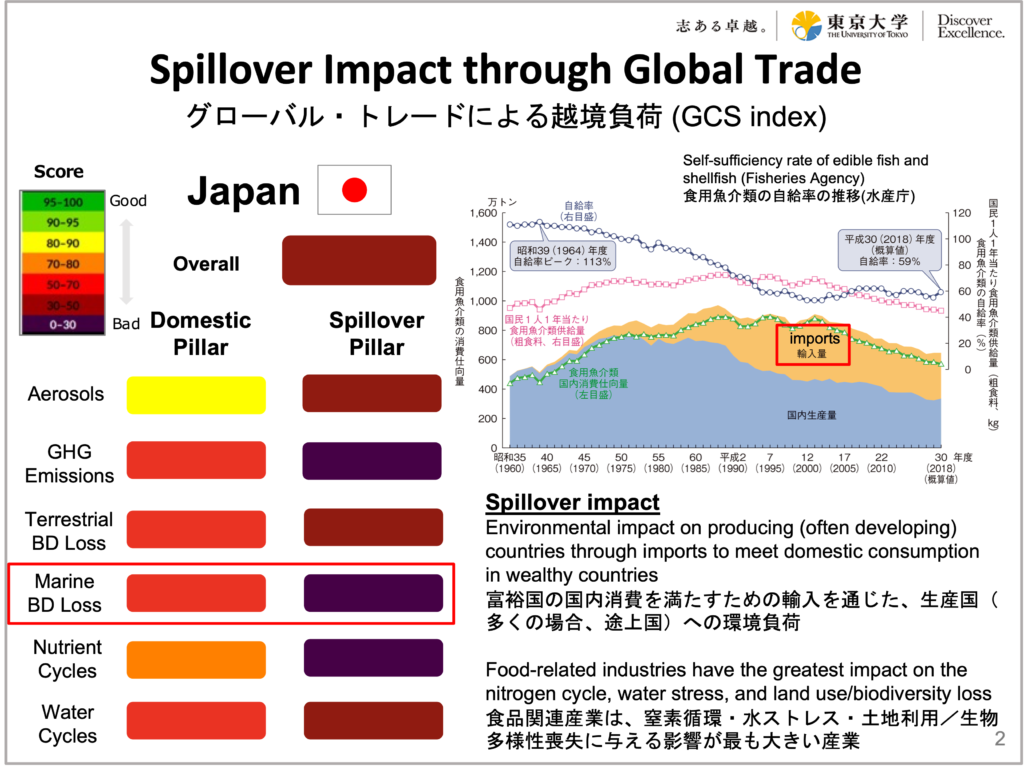 In Japan’s fisheries resources, too, import-related products are said to have a higher environmental impact
In Japan’s fisheries resources, too, import-related products are said to have a higher environmental impact
Food systems are also the source of 30% of greenhouse gas emissions, and land converted to food production is the greatest cause of biodiversity loss. In addition, 70% of fresh water is used for food production. The environmental impact of chemical fertilizers is yet another issue. Because issues of how to make, use, and dispose of food are intertwined with the global environment, treating food as systems allows us to consider the global environment as something more close at hand and to take action in the form of choosing what we eat.
— The Center for Global Commons (CGC)* is also aiming to improve food systems. What do you think will be important in solving issues?
The last decade has been a turning point for the survival of humankind. It’s important first that decision-makers in Japan and the rest of the world understand that the relationship between the planet and humankind is at an impasse, and that they understand the scientific evidence backing this. From there, at the stage of asking what we should do to resolve the issues, I think that SeaBOS will provide a positive model. When companies with high market shares come together, there’s no more room for excuses of “we can’t do anything alone.”
If this happens, every company will begin thinking about who they can partner with, to do what. We call this a “multi-stakeholder coalition.” CGC is taking action to support this multi-stakeholder coalition and to collaborate with companies and institutions that are doing similar work internationally.
— What lies ahead for you?
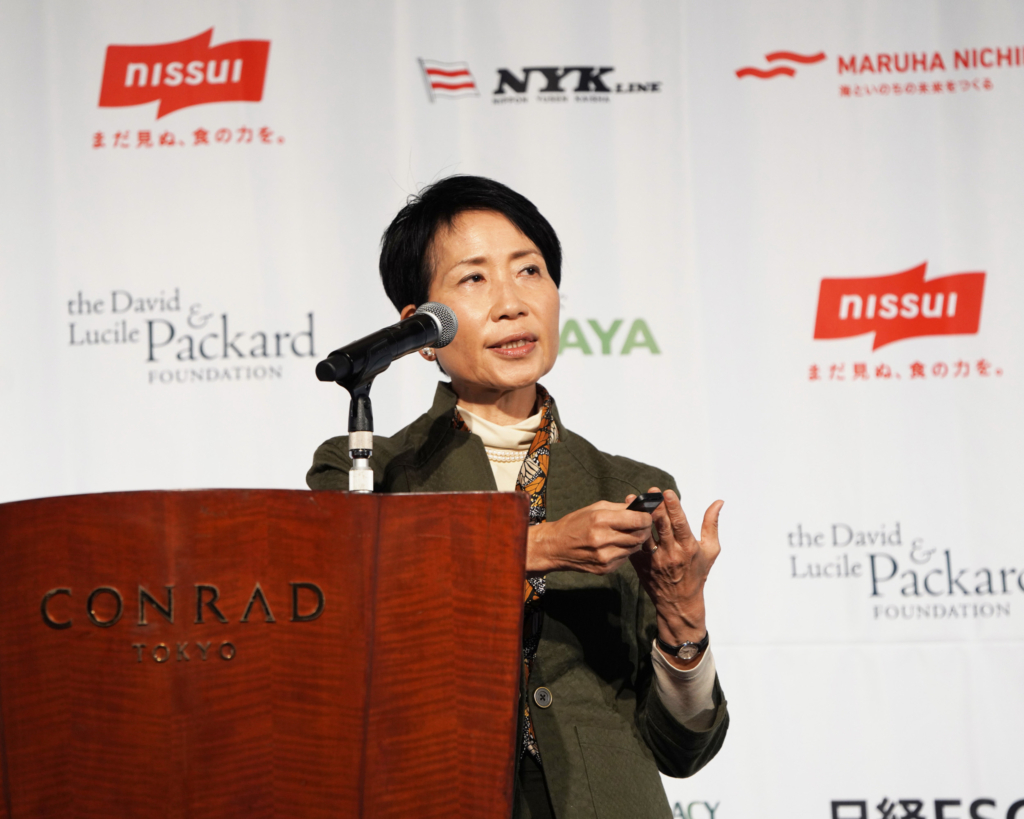 At Tokyo Sustainable Seafood Summit 2022 (TSSS 2022)
At Tokyo Sustainable Seafood Summit 2022 (TSSS 2022)
My goal for the future is to lay out a more constructive path so that individuals who think that the problem of the global commons* isn’t their concern will become part of the solution. SeaBOS is a good example of this. Looking ahead, I want to work with the companies in SeaBOS and with groups supporting seafood industry to tackle issues that involve small and medium-sized companies.
As for food systems, at CGC we’re undertaking a joint project with the Ministry of Agriculture, Forestry and Fisheries involving initiatives to convert systems for beef, rice, coffee, palm oil, and other foodstuffs into sustainable systems.
Also, following the Task Force on Climate-related Financial Disclosures (TCFD) that addresses carbon neutrality, the Taskforce on Nature-related Financial Disclosures (TNFD) was established in 2021 with a view toward protection of nature. CGC is involved with TNFD as a knowledge partner.
Nature isn’t as simple a matter as carbon; it’s a complex issue involving widely varied perceptions. If we we fail to address it seriously, however, we won’t get rid of the perception of nature as something that we can use all we want at no cost. I want to work with TNFD and SBTi* to explore how we can incorporate recognition of nature as a finite resource into economic systems, and how we can attach economic value to nature so that small and medium-sized companies protecting it can also benefit.
I want to see not only keystone actors in the seafood industry but also small and medium-sized companies view the global commons as a matter that involves them. Current economic systems don’t compensate the sustainable use of nature by small and medium-sized companies, which are the actors closest to natural capital.
If these companies don’t operate sustainably, resources will run out. There’s a need for fair compensation for sustainable operations, for which it’s vital that we attach value to natural capital. If we can overcome this challenge, I think we’ll see change not only in close-at-hand issues but also major problems such as the problem of the Global North and Global South and the problem of poverty.
Naoko Ishii
Dr. Naoko Ishii is a professor and executive vice president at the University of Tokyo, where she is also an inaugural director for the Center for Global Commons, of which mission is to catalyze systems change so that humans can achieve sustainable development within planetary boundaries. She is of a view that academia can and should play an active role in mobilizing movements with policymakers, business and civil society towards a shared goal of nurturing stewardship of the global commons; stable and resilient planetary earth system. Under her vision, the Center for Global Commons has been collaborating with reputable international research institutions in the area of sustainability, and launching projects with Japanese business focusing on energy transition, food system, and circular economy.
Before joining the university in 2020, Dr. Ishii served the Global Environment Facility (GEF) as CEO and chairperson. During her tenure of 2012 to 2020, she formed GEF’s first mid-term strategy, GEF 2020, focusing on the transformation of key economic systems and collaborating with multi-stakeholder coalitions. She holds a B.A. in economics and a Ph.D. in international development, both from the University of Tokyo. She published several books among which two are awarded by academic prizes.
Original Japanese text by : Shino Kawasaki









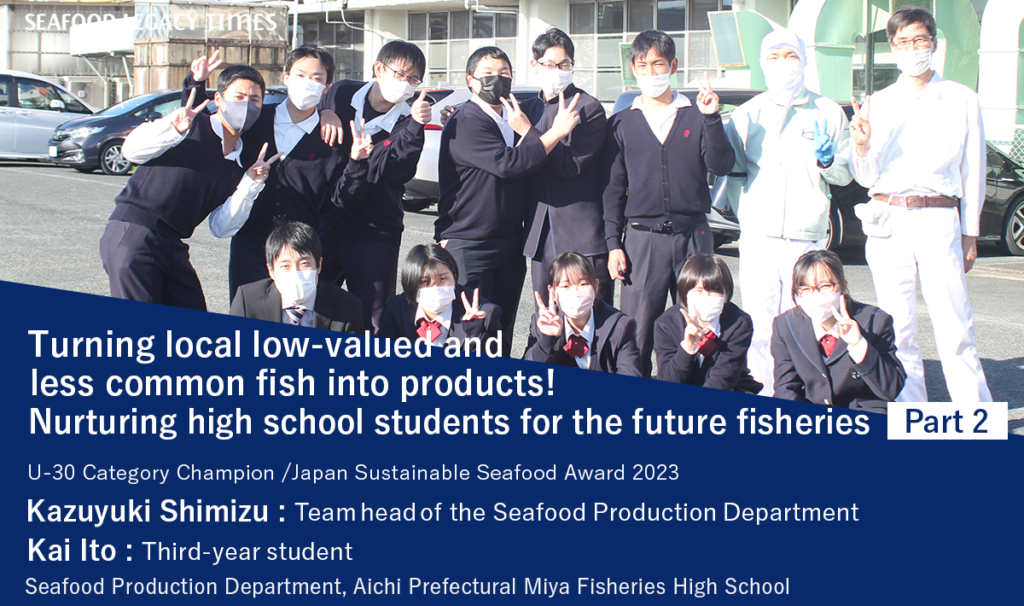
-1024x606.png)


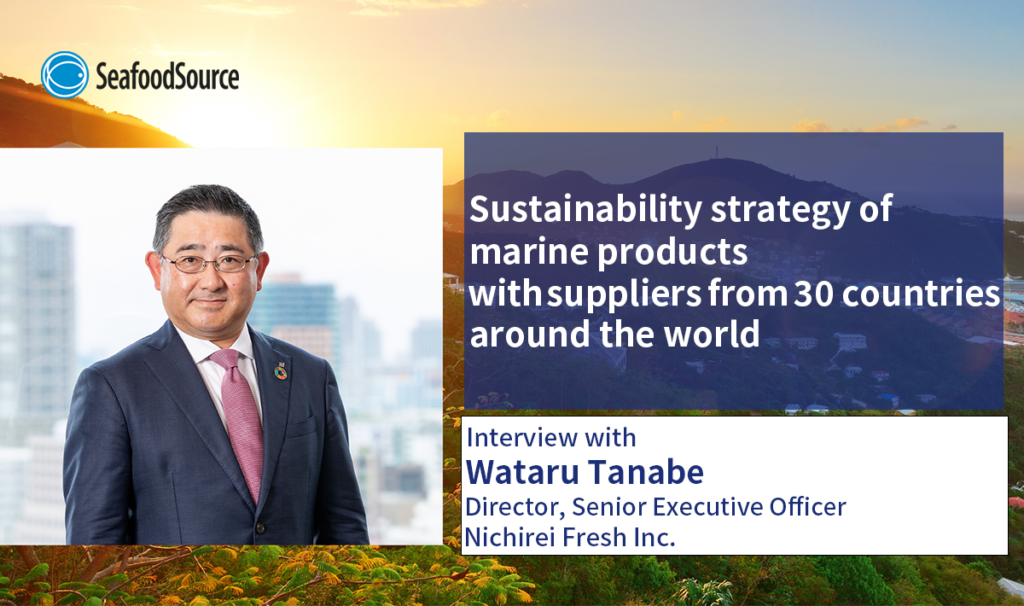
_-1024x606.png)

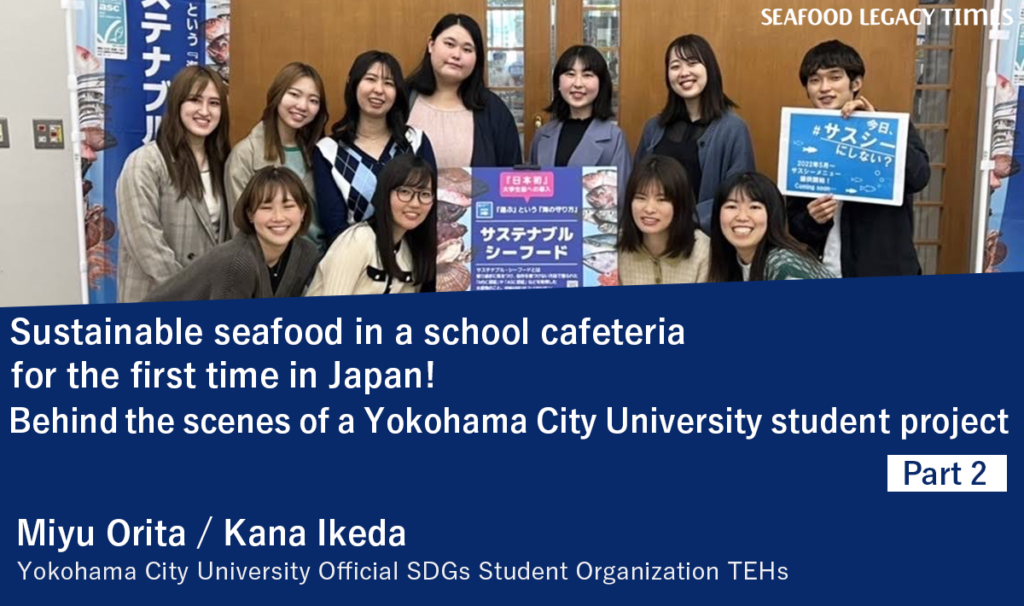
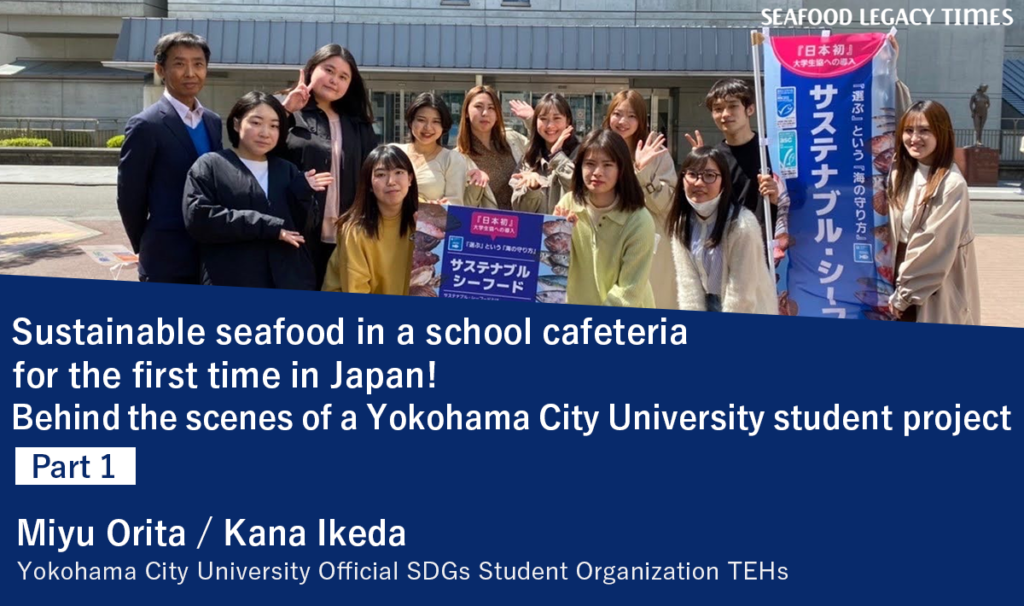



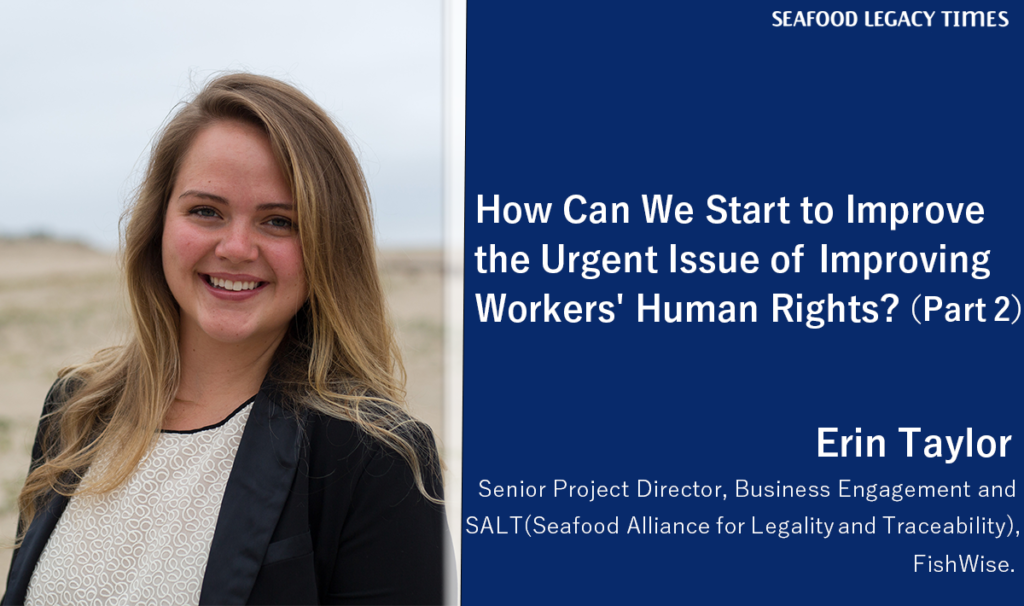
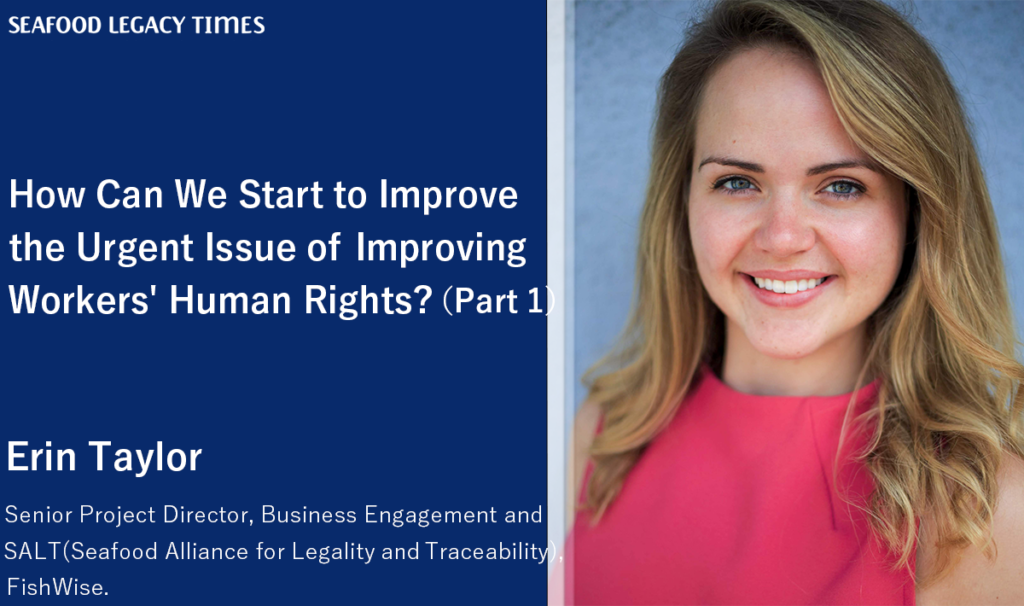
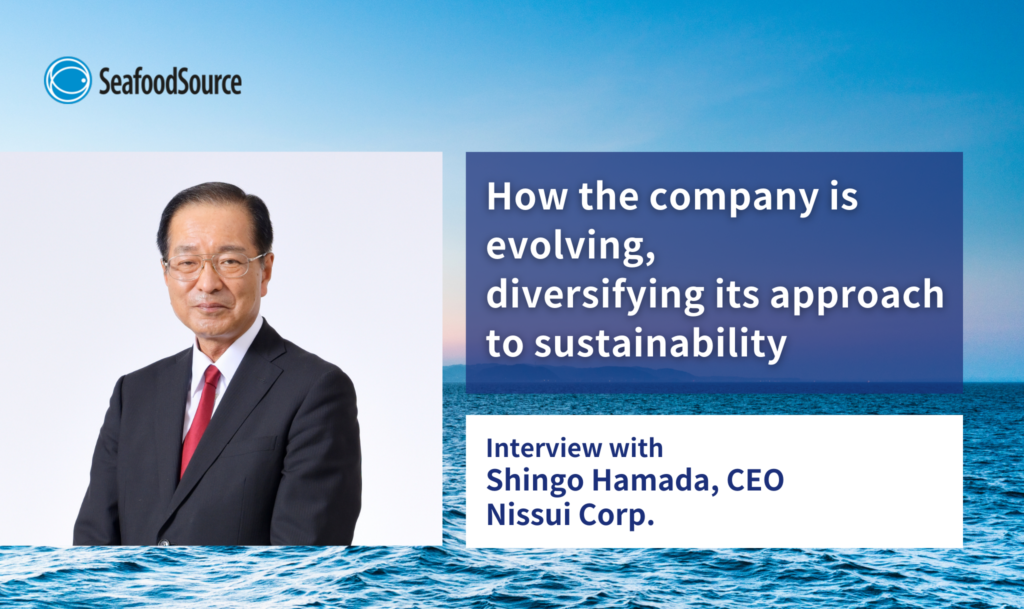




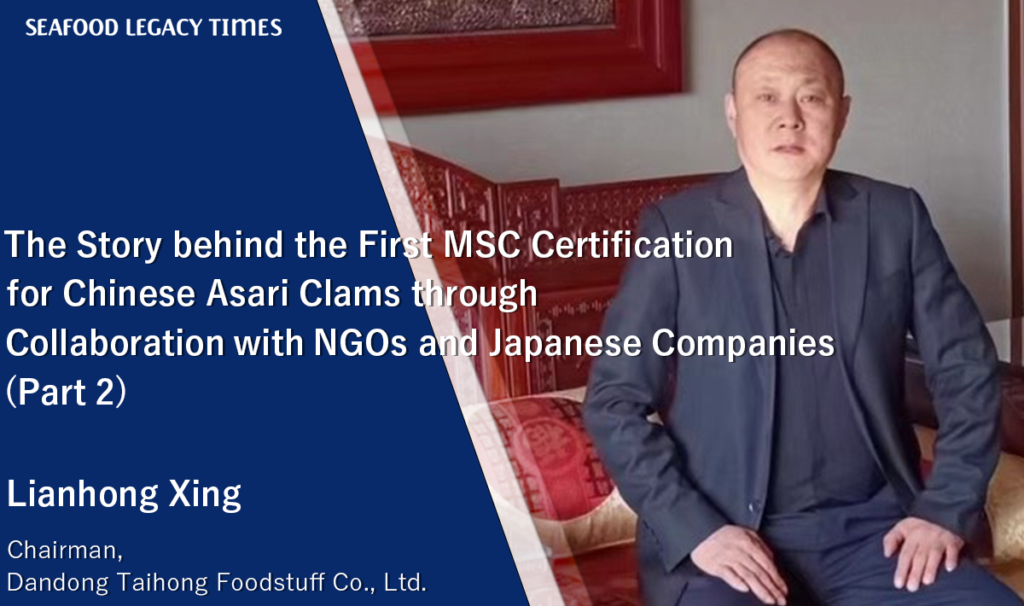
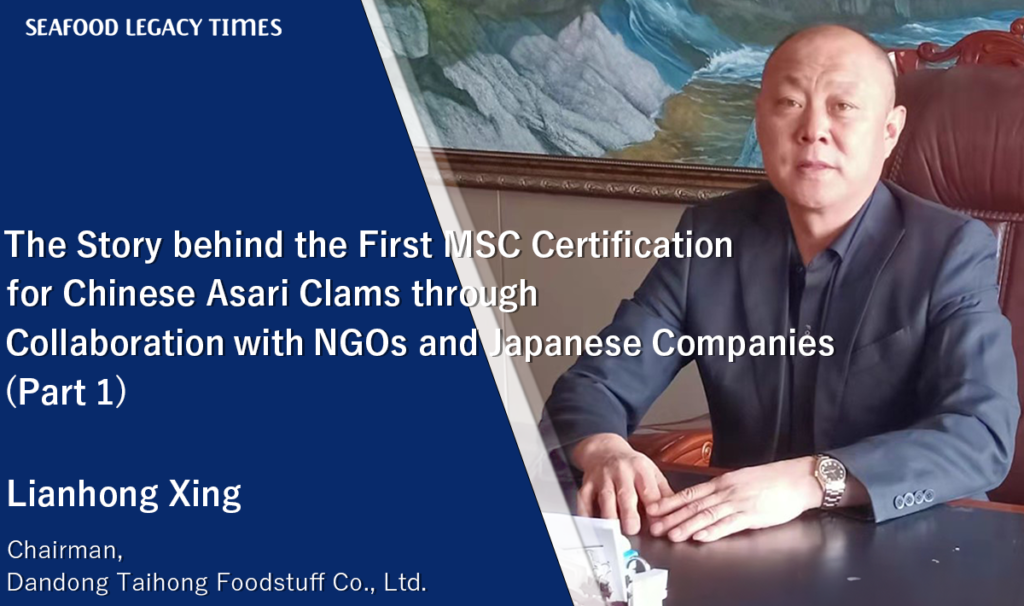

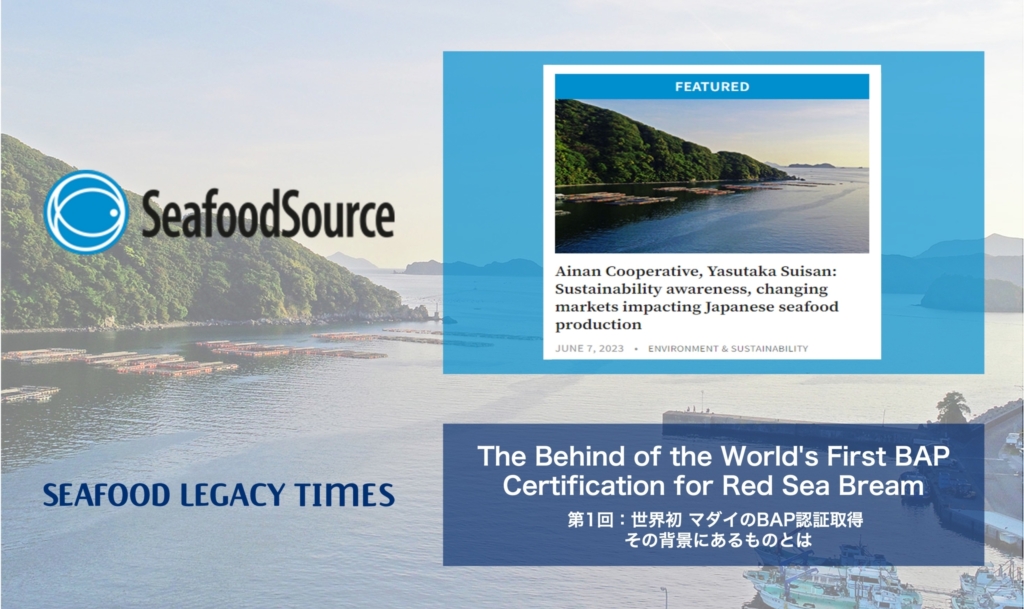

1_修正524-1024x606.png)










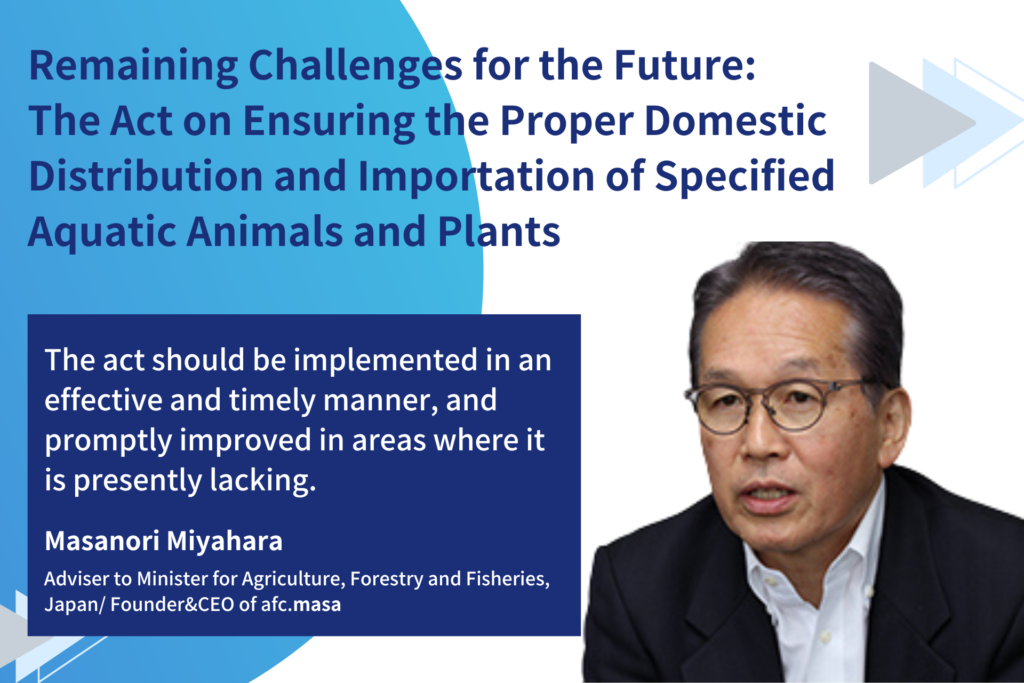
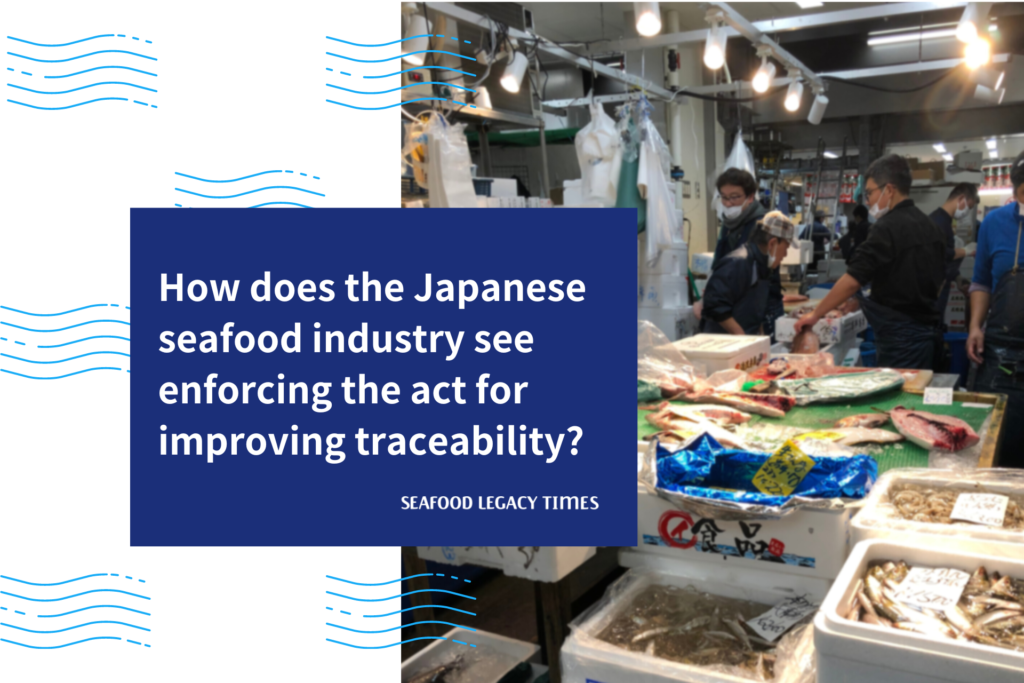



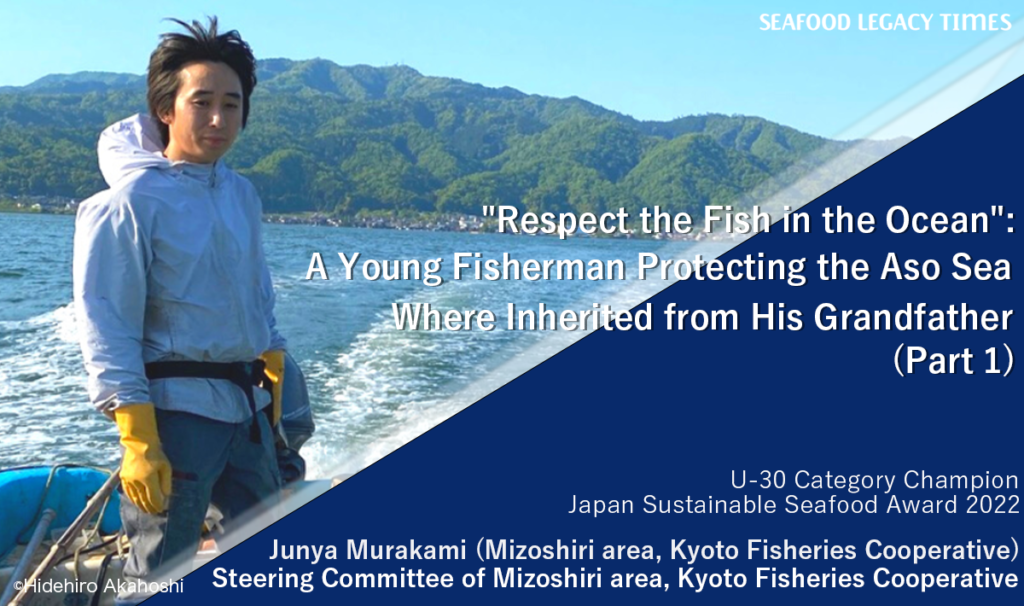
.2-1024x606.png)
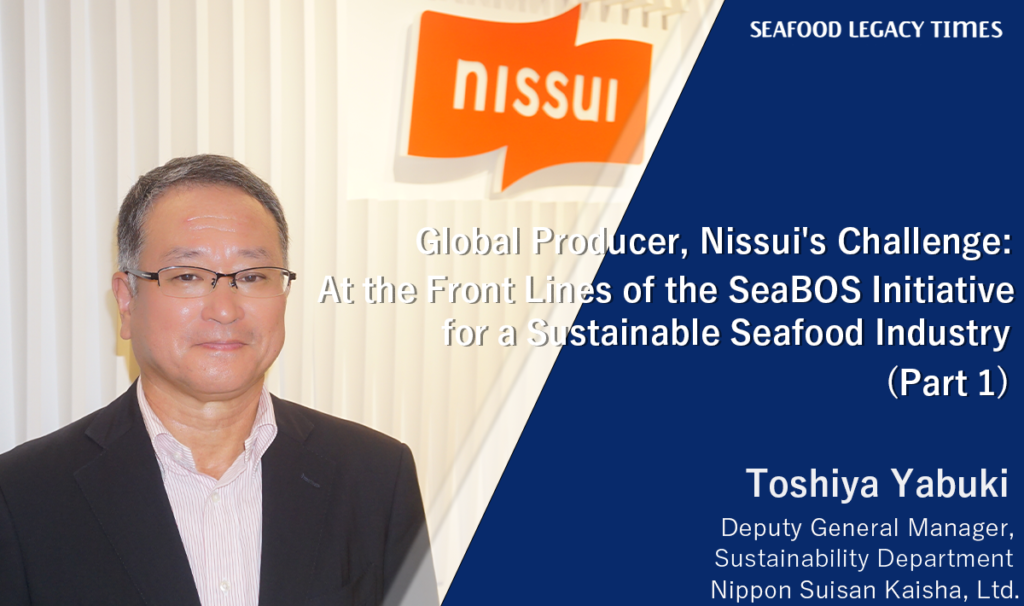
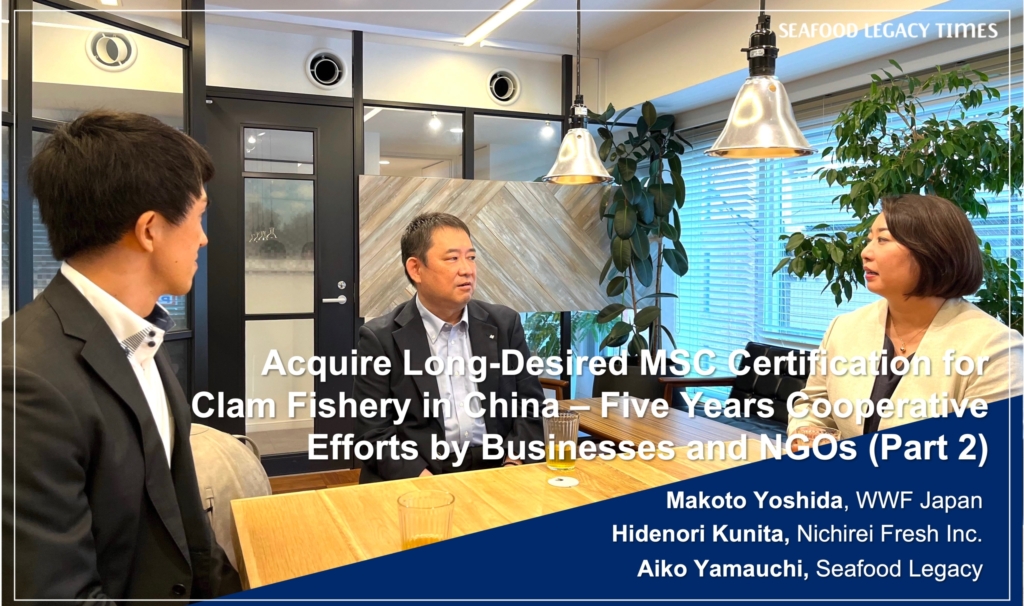
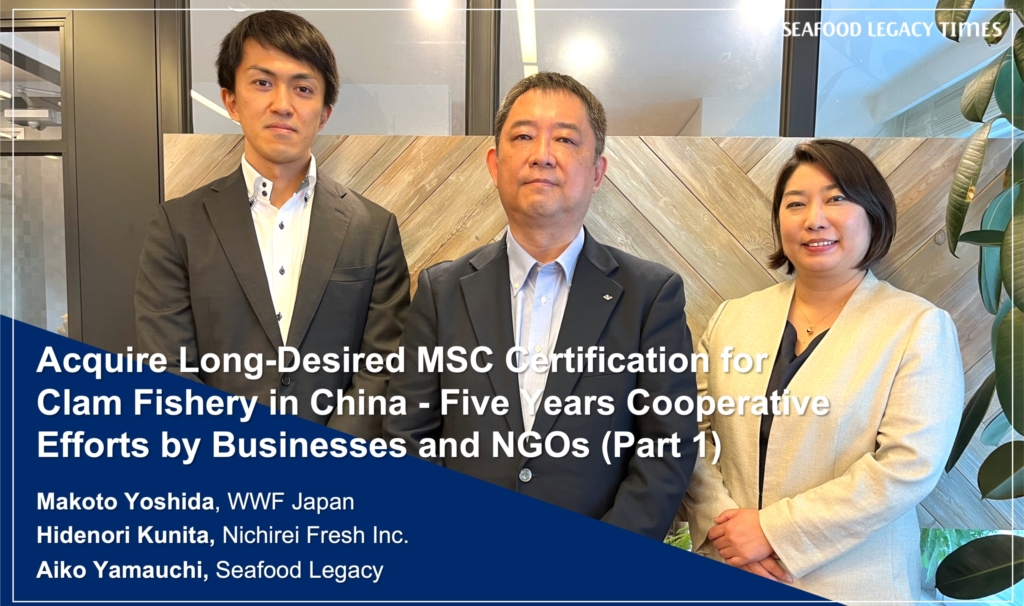






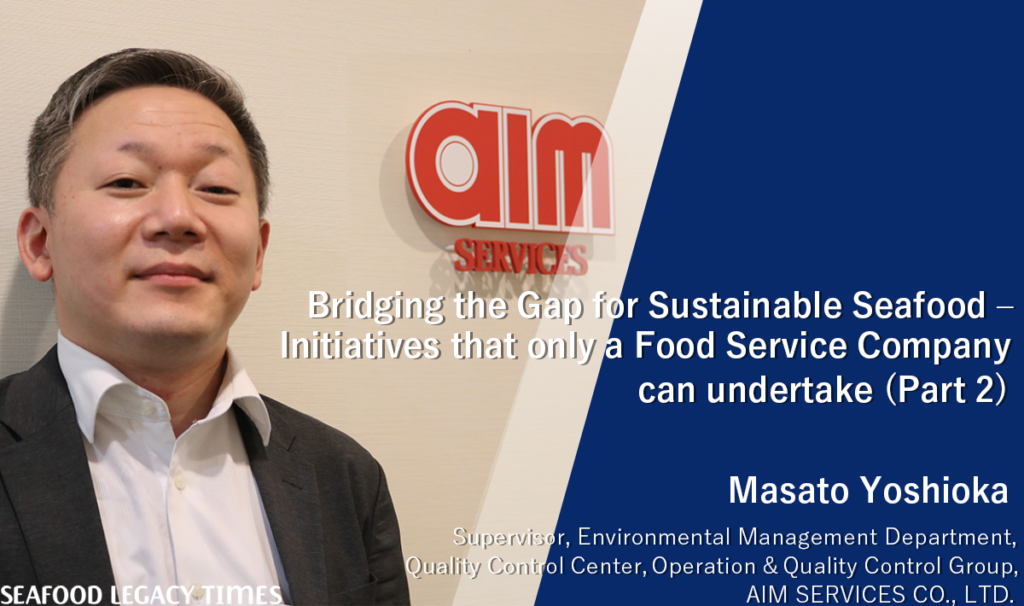
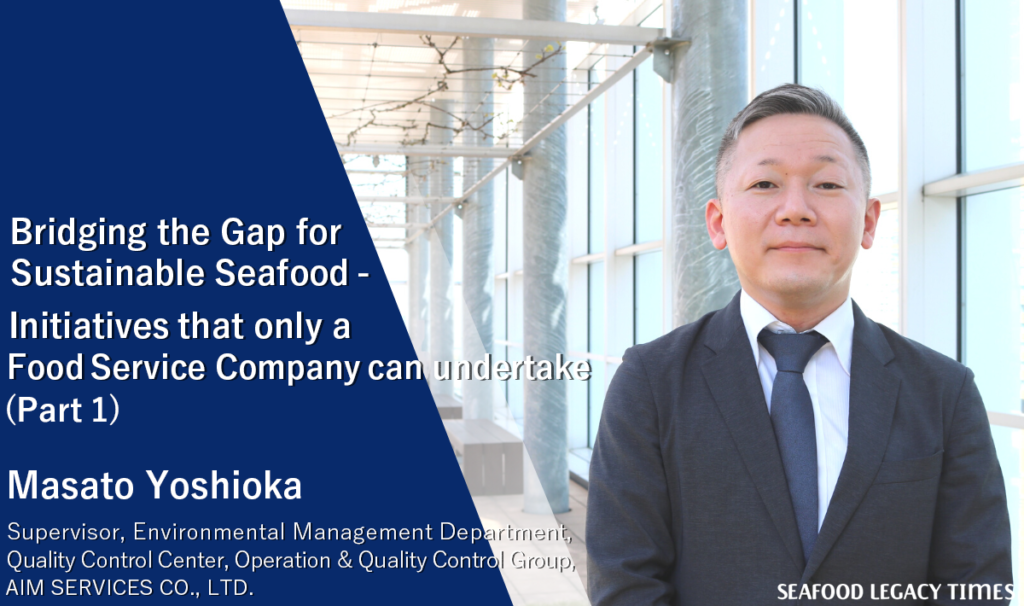
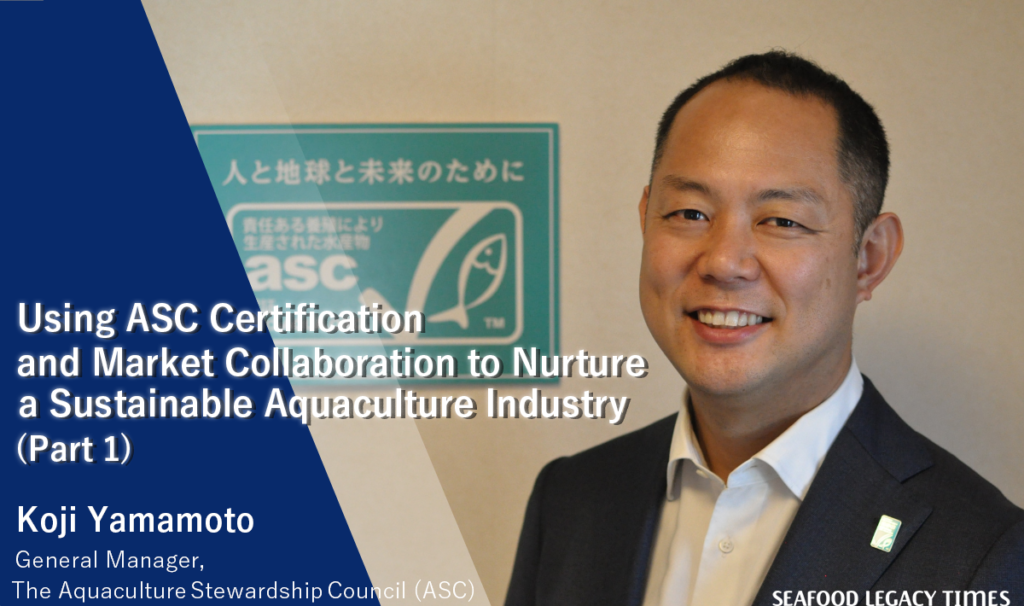
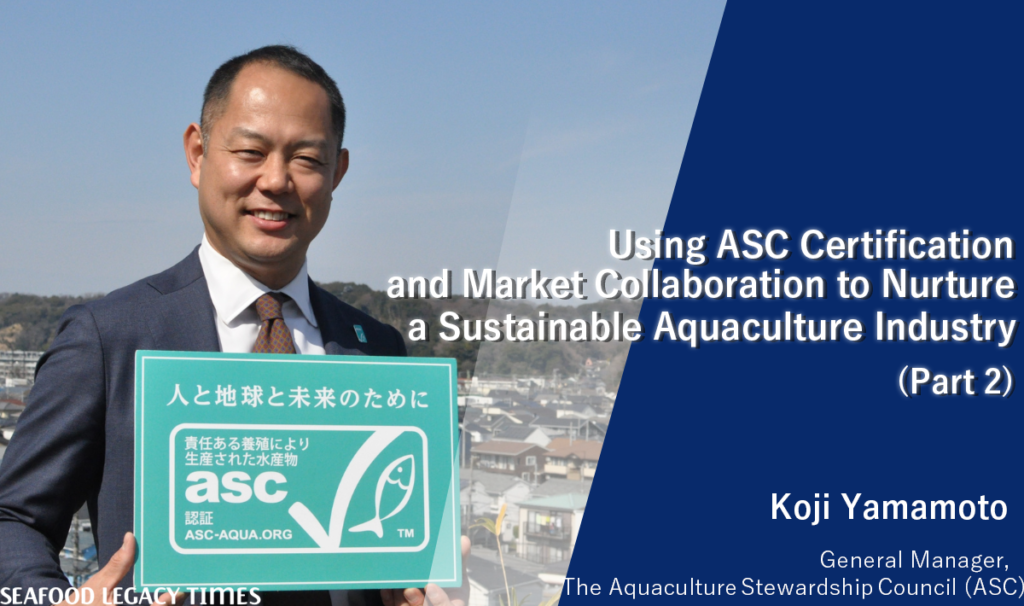
2-1024x606.png)
-1-1024x606.png)
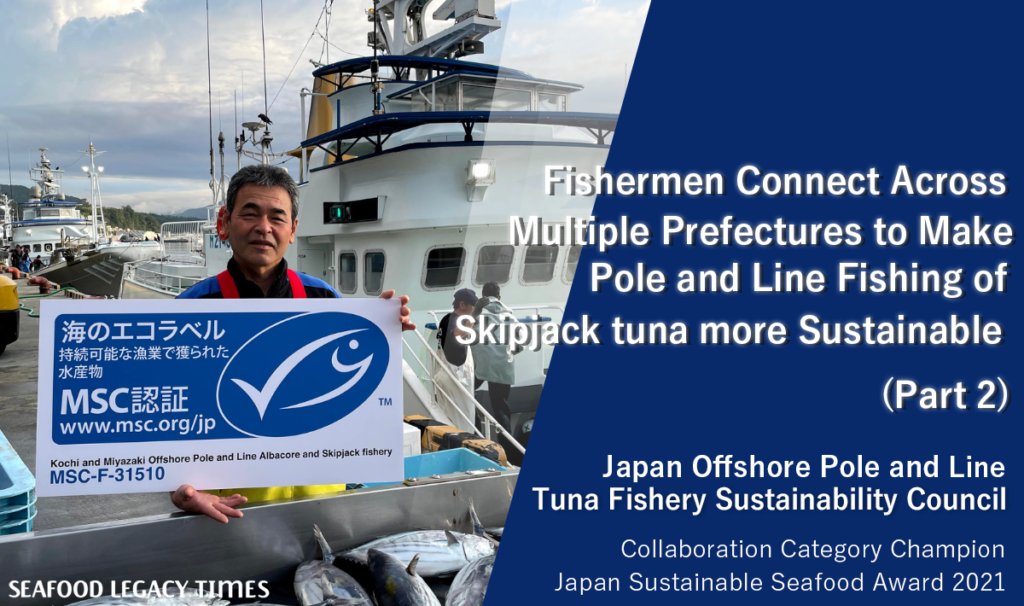
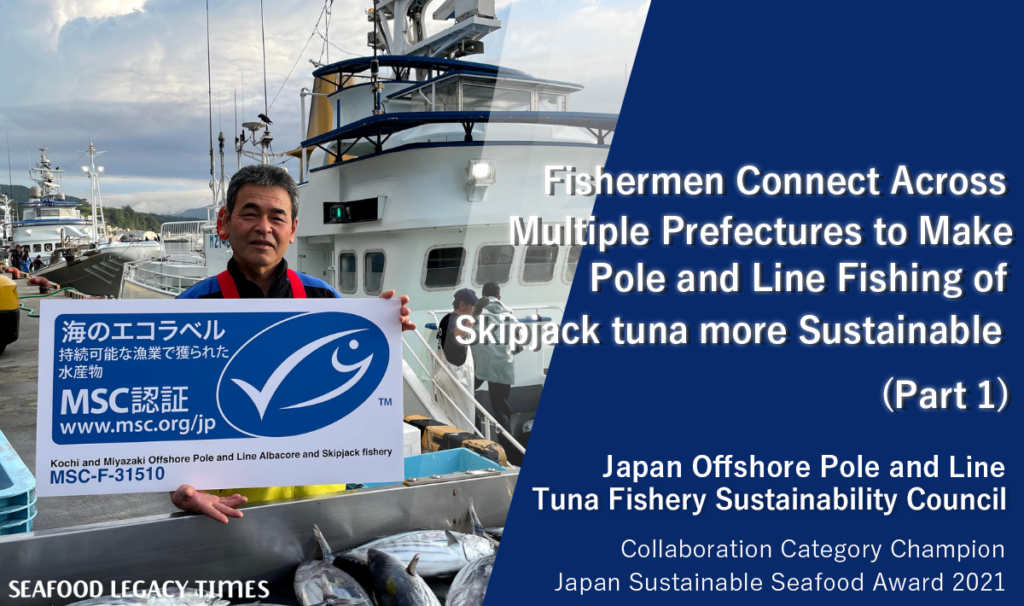
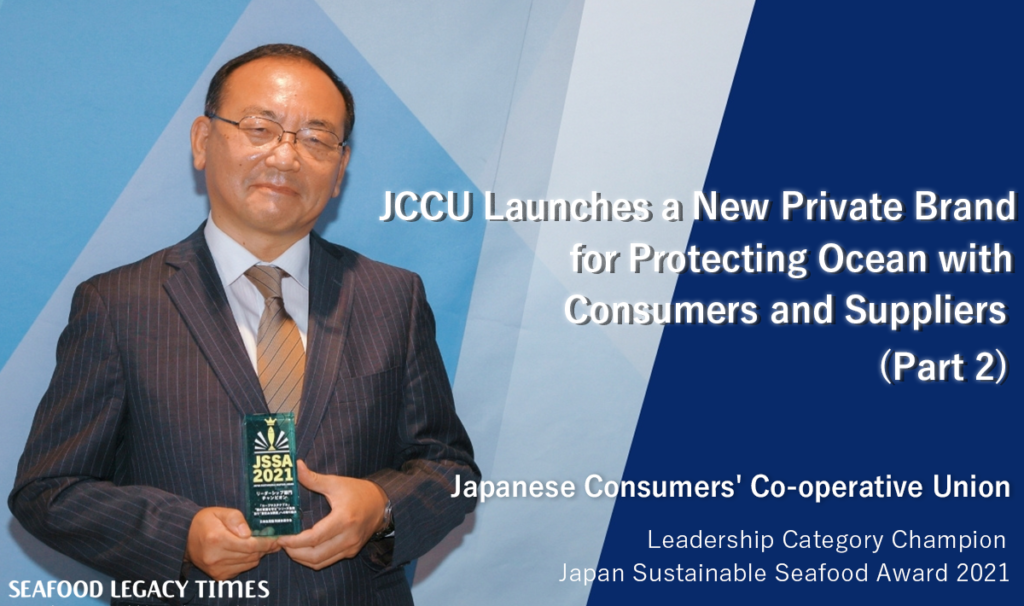
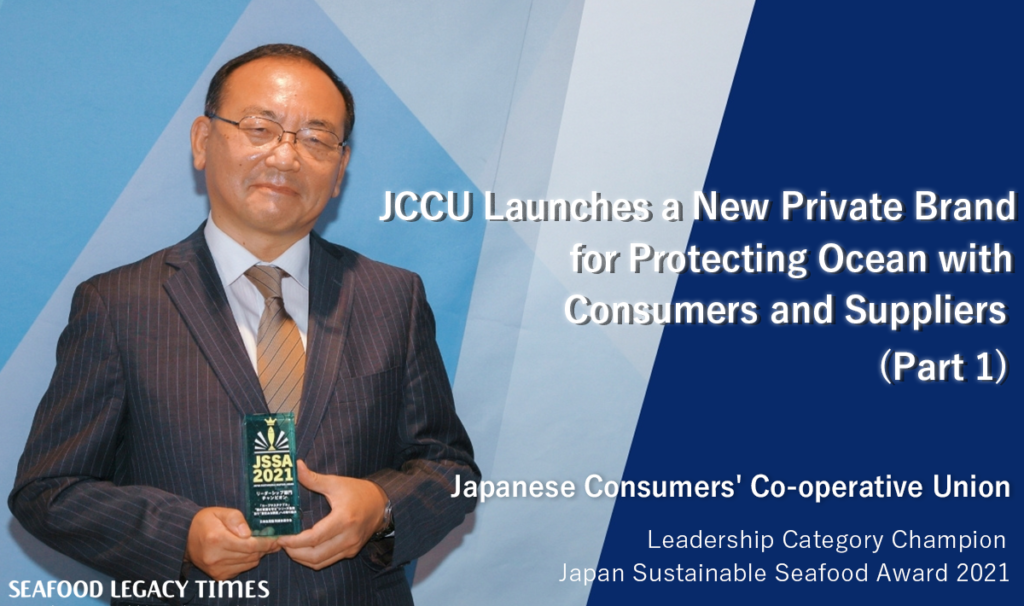
Part2-1024x606.png)
Part1-1024x606.png)
